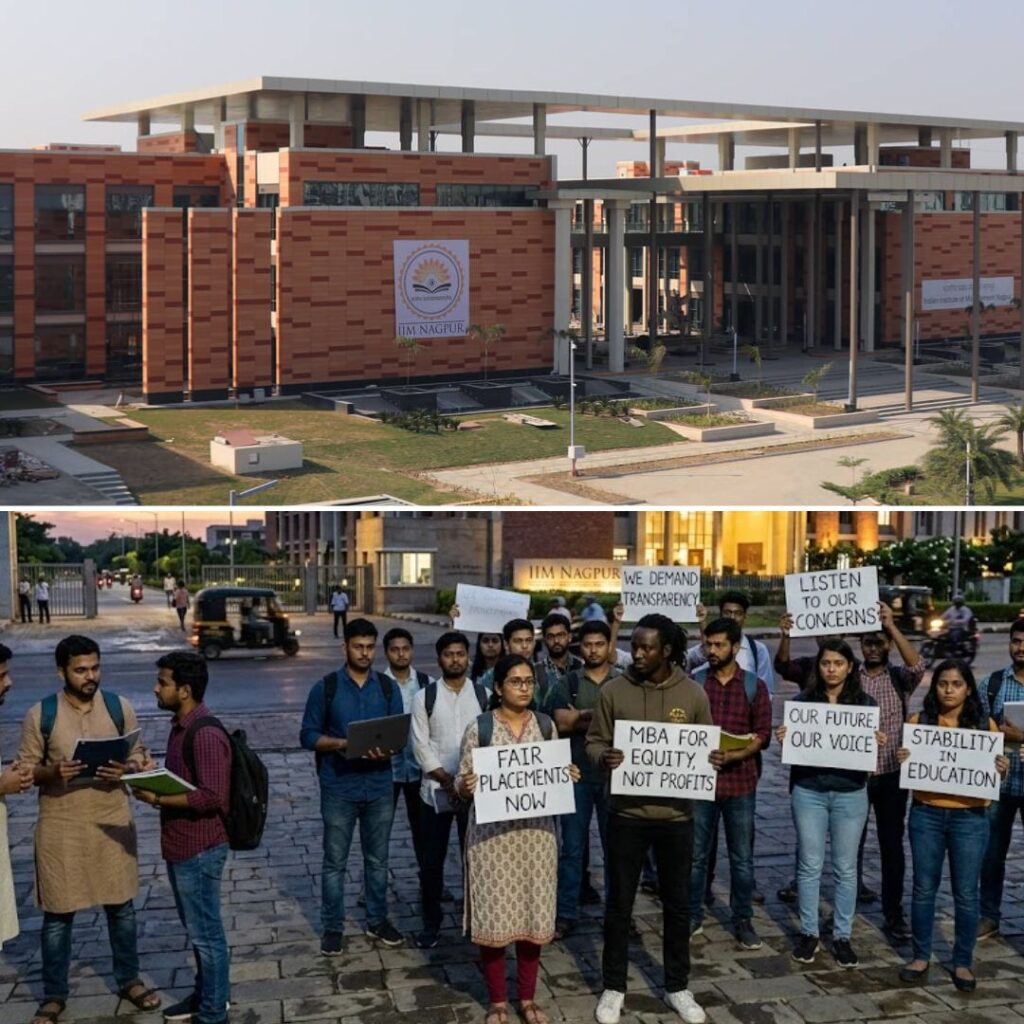The Directorate of Revenue Intelligence (DRI) recently concluded a high-impact, pan-India operation named “WeedOut” that dismantled a major smuggling network trafficking hydroponic cannabis into India. Between August 19 and 21, coordinated raids in Bengaluru, Bhopal, and New Delhi resulted in the seizure of over 72 kilograms of hydroponic weed valued at around Rs 72 crore on the grey market.
Alongside the drugs, Rs 1.02 crore in illegal proceeds was recovered. Six individuals, including an associate mastermind of the syndicate, were arrested. Officials revealed the syndicate targeted vulnerable youth residing in urban areas, using social media for recruitment and distribution.
Coordinated Raids and Significant Seizures
The operation began with a coordinated interception on August 20 at the Krantiveera Sangolli Rayanna Railway Station in Bengaluru and Bhopal Junction. Officers intercepted passengers on the KSR Bengaluru–Hazrat Nizamuddin Rajdhani Express, recovering 29.88 kg of hydroponic cannabis from two Bengaluru passengers who had just boarded the train. Simultaneously, 24.186 kg was seized from two others at Bhopal Junction, who had travelled by the same train a day earlier from Bengaluru.
The swift follow-up led to the interception of a passenger who had arrived from Thailand on August 20; nearly 18 kg of hydroponic weed was recovered from a city hotel in Bengaluru in the early hours of August 21. The associate mastermind linked to the syndicate was apprehended in New Delhi, with ₹1.02 crore in suspected drug trafficking proceeds seized from him.
An official from the DRI commented: “This syndicate was sophisticated, deploying urban transit routes and social media channels to recruit and move narcotics. The scale and value of the drug haul constitute one of the largest busts of hydroponic cannabis in recent years.”
Rising Threat of Hydroponic Cannabis and Youth Vulnerability
Hydroponic cannabis-cannabis cultivated in soil-less, nutrient-rich water solutions—is prized for its high potency and growing demand among urban youth. Its synthetic cultivation allows traffickers to produce stronger strains and evade traditional detection methods. The intercepted consignments are reportedly sourced primarily from Southeast Asia, with Thailand being a key origin point.
According to investigations, the syndicate actively exploited social media platforms to recruit college dropouts, part-time or unemployed youth from Tier 1 and Tier 2 cities. These recruits served as couriers and sales agents, distributing drugs in metro markets like Bengaluru, Delhi, and Bhopal. The controlled use of passenger trains like the Rajdhani Express underscores the traffickers’ reliance on accessible, high-speed transit corridors.
Past cases of drug trafficking and clandestine manufacturing units in urban centres reflect a worrying trend towards organised narcotics networks flourishing under the radar, complicating law enforcement efforts.
The Logical Indian’s Perspective
The dismantling of this network by the DRI is a crucial win for law enforcement; however, it opens a window to the socio-economic issues underlying drug abuse among young people. The lure of synthetic narcotics and the ease of access through digital channels reveal how vulnerable sections of youth-often struggling with unemployment, mental health issues, or social alienation-become prey to such networks.
At The Logical Indian, we believe tackling drug abuse requires more than policing-it demands concerted efforts toward education, awareness, de-stigmatisation of mental health challenges, and robust rehabilitation programmes anchored in empathy and community support. We also echo the need for nuanced discussions promoting kindness and dialogue in youth spaces, including schools and online.













